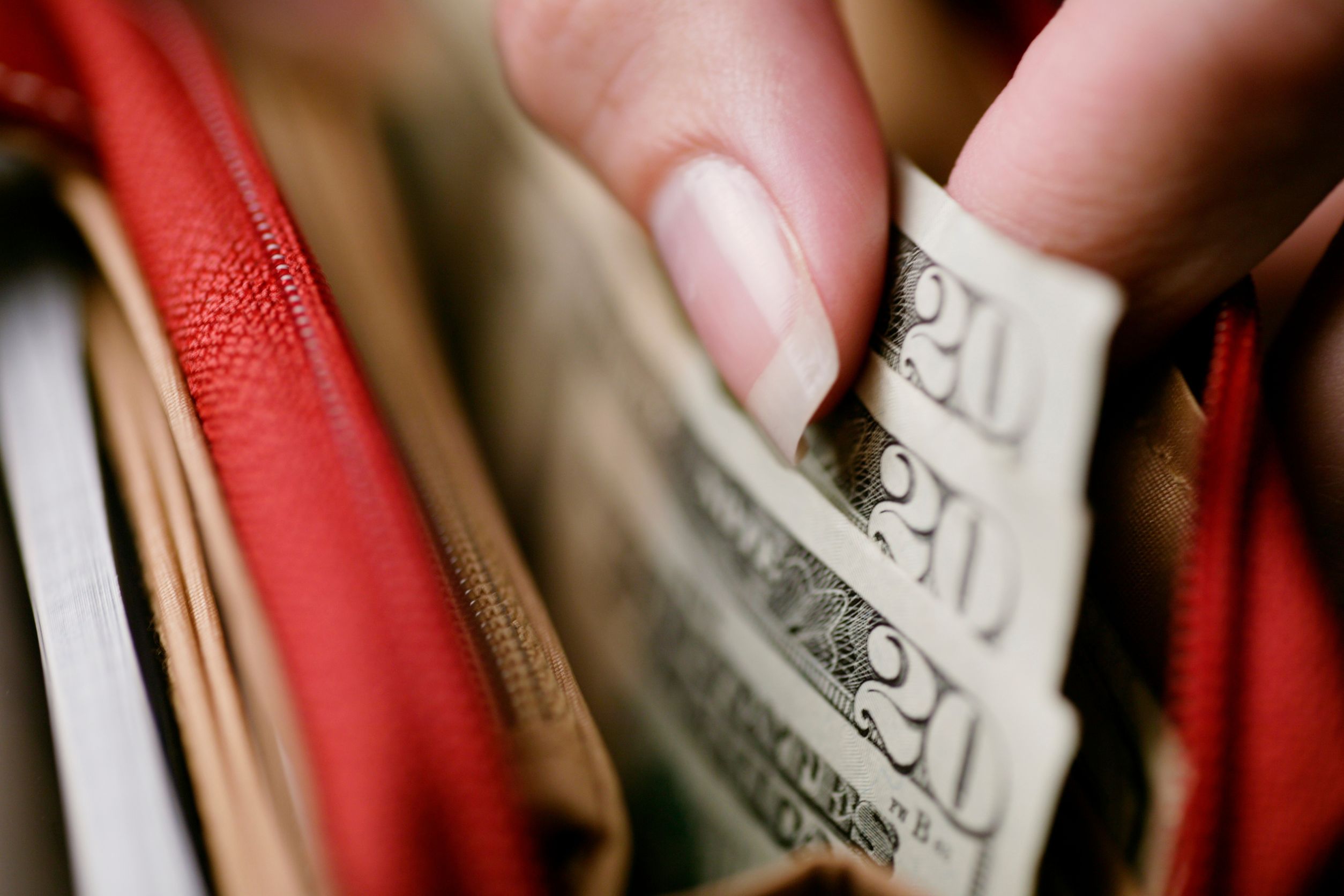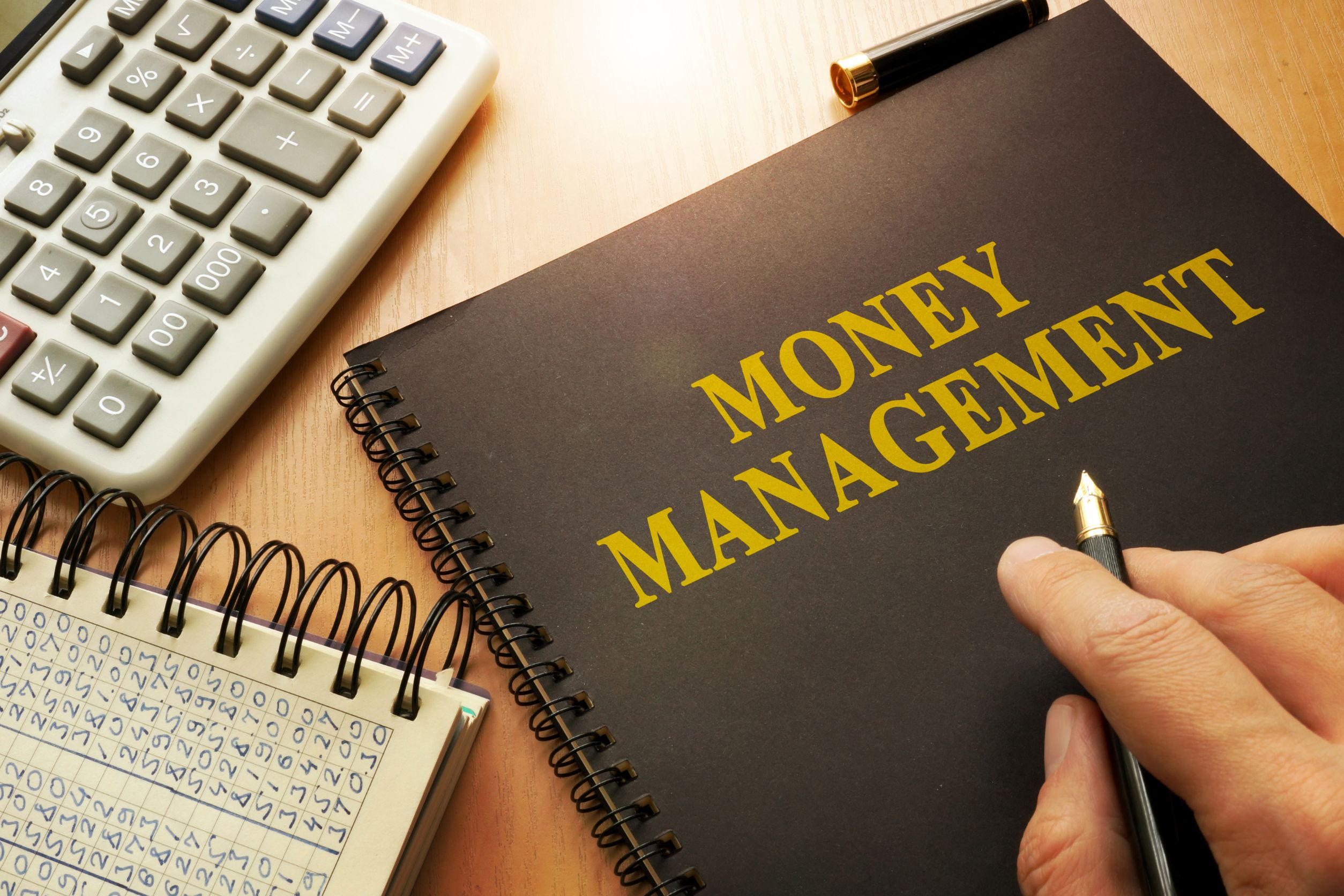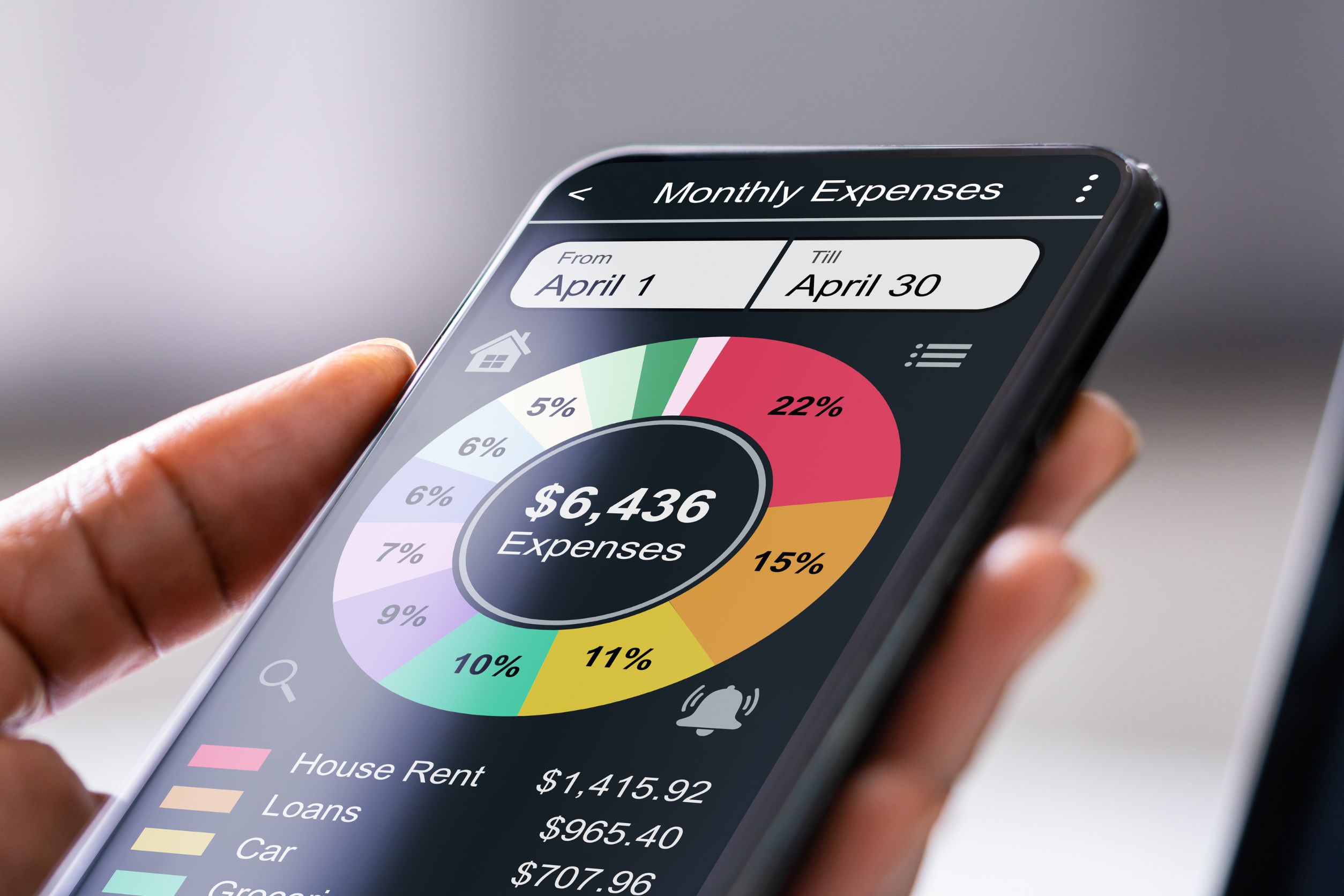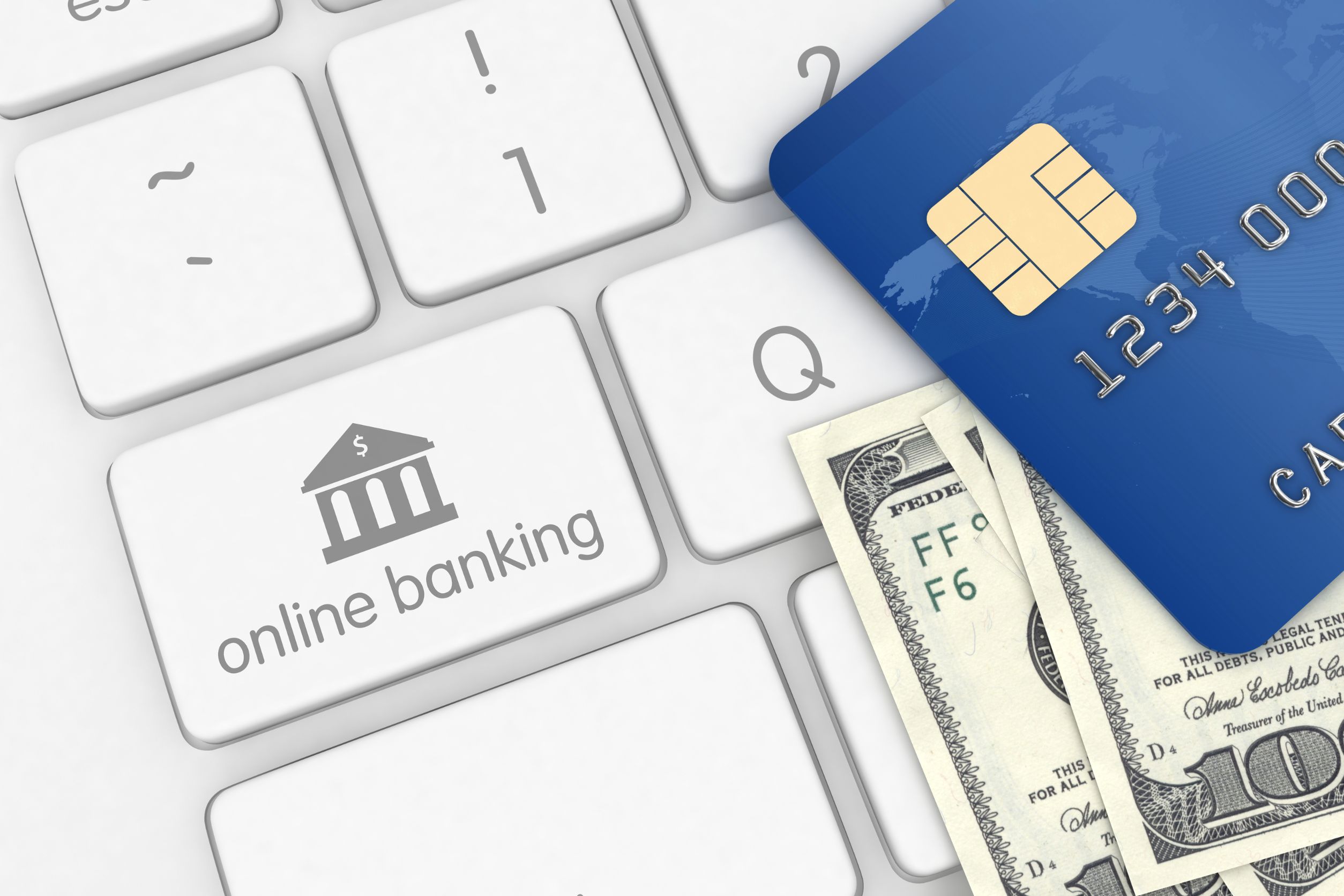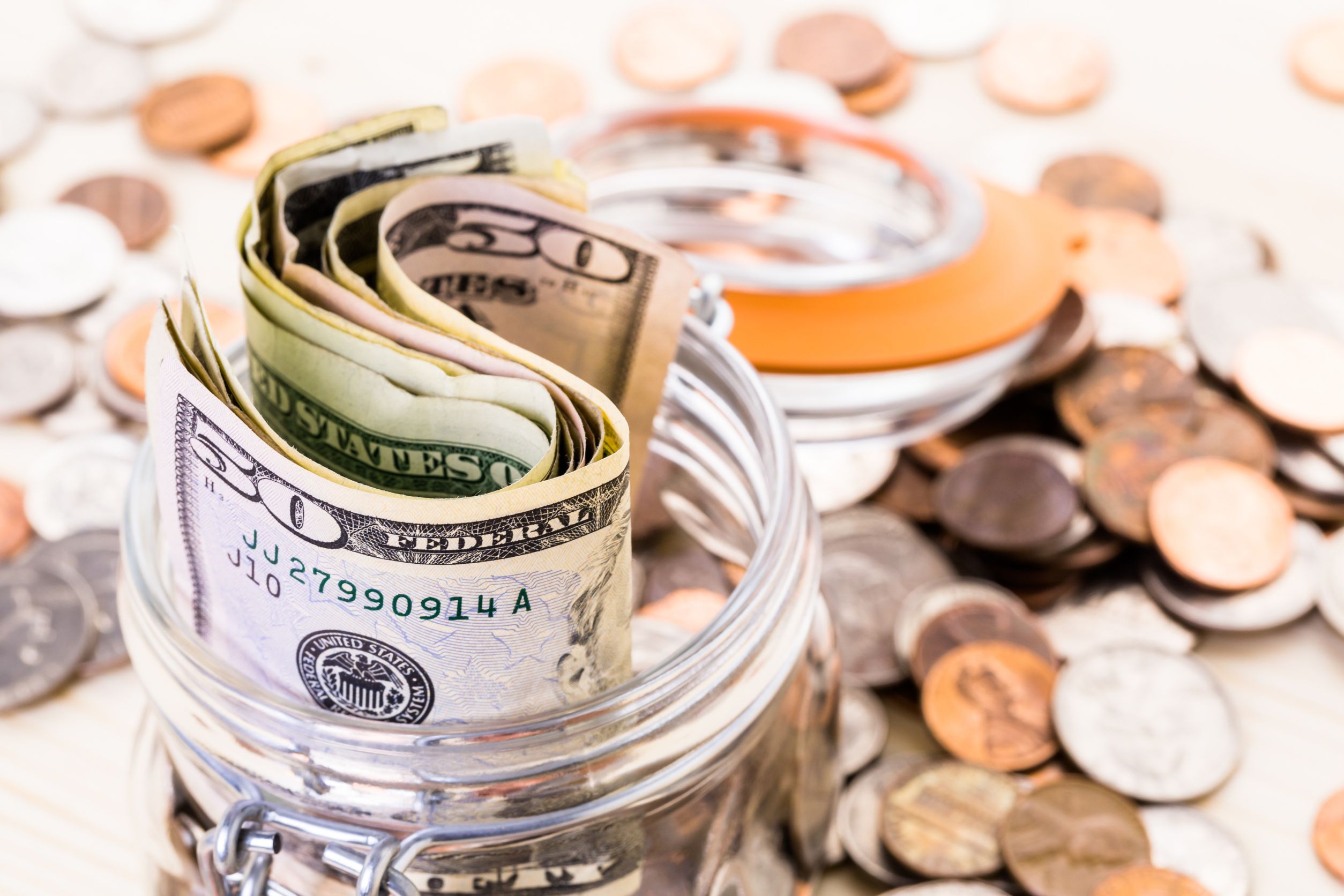
Image Source: 123rf.com
In a perfect world, honesty would always be the best policy. But when it comes to your financial situation, being too open about how much money you have can sometimes backfire. Whether you’re trying to avoid being taken advantage of, protect your privacy, or maintain relationships, there are times when keeping your wealth—or lack thereof—to yourself is the smartest move.
Here are seven situations where lying about your money might actually be the right decision.
1. When a Salesperson is Pushing You to Spend More
Luxury salespeople, real estate agents, and car dealers all have one thing in common—they work on commission. If they sense you have deep pockets, they will push you toward the most expensive options, whether or not they fit your needs. Even if you can afford the upgrade, you may not want to spend that much.
By downplaying your financial situation, you gain more control in negotiations and prevent sales tactics from pressuring you into overspending. Letting a salesperson believe you’re on a strict budget can often lead to better deals and discounts.
2. When a Friend or Family Member Keeps Asking for Money
If people know you have money, some will inevitably ask for loans, financial favors, or outright handouts. While helping loved ones can be fulfilling, it can also create a pattern where they repeatedly rely on you instead of fixing their own financial situation.
Saying you’re financially stretched—even if you’re not—sets boundaries and discourages repeated requests from friends and family. If you truly want to help, offer guidance on budgeting or job opportunities rather than cash.
3. When You’re Negotiating a Salary
Discussing money with an employer is always a tricky situation, but one of the worst things you can do is reveal exactly how much money you already have. If an employer believes you don’t “need” the money, they may offer you a lower salary than they would to someone who appears to be struggling financially.
Instead of disclosing your financial stability, focus on your skills, experience, and what you bring to the table. Keep negotiations based on your value, not your current bank balance.
4. When You’re on a First Date
Money can be a sensitive topic in early relationships. If you appear too wealthy, you might attract someone who is more interested in your bank account than in you. On the flip side, if you seem too financially insecure, they may judge your potential as a long-term partner.
In the early stages of dating, it’s best to keep financial details vague. Let the relationship develop based on personality, values, and connection rather than wealth. If money becomes a more serious topic later on, you can choose how much to reveal based on the level of trust and commitment.
5. When You’re Traveling in an Unfamiliar Place

Image Source: 123rf.com
Displaying wealth in an unfamiliar location—especially in a foreign country—can make you a target for scams, theft, and overcharging. Whether you’re shopping in a market, using a taxi service, or simply interacting with locals, appearing too wealthy can lead to inflated prices or unwanted attention.
It’s often safer to dress modestly, avoid flashing expensive items, and downplay your financial status. In some cases, telling a white lie about your budget can protect you from being taken advantage of.
6. When a Stranger Asks About Your Finances
It’s no one’s business how much money you have, especially if the person asking has no real reason to know. Whether it’s a coworker, a distant acquaintance, or someone you just met, sharing financial details with the wrong person can lead to gossip, judgment, or even manipulation.
A simple, polite deflection—such as saying you’re “getting by” or “saving up for something important”—can prevent unnecessary discussions about your finances and keep your personal life private.
7. When You Suspect Someone is Testing You
Sometimes, people will subtly try to gauge your financial situation to see how they can benefit from it. This could be a romantic partner, a potential business associate, or even a so-called friend who is fishing for information. If someone starts asking pointed questions about your income, assets, or spending habits, it might be a red flag.
In these cases, it’s best to stay vague. You don’t have to lie outright, but downplaying your financial status can help you see their true intentions. If they lose interest when they think you’re not wealthy, you’ve just saved yourself from being used.
Keep Your Financial Situation Under Wraps
While honesty is generally a good rule to follow, there are times when keeping your financial situation under wraps is in your best interest. Whether it’s avoiding financial leeches, protecting yourself from scams, or maintaining negotiating power, knowing when to be discreet about your money can prevent unnecessary problems.
Have you ever been in a situation where you had to lie or downplay your finances? What happened? Share your thoughts in the comments below.
Read More:
They Quit Without a Safety Net—Here’s Are 12 Things Millennials Wish They Knew First
Think You’re Helping? The Risky Truth About Giving Money to the Homeless at Stoplights

Latrice is a dedicated professional with a rich background in social work, complemented by an Associate Degree in the field. Her journey has been uniquely shaped by the rewarding experience of being a stay-at-home mom to her two children, aged 13 and 5. This role has not only been a testament to her commitment to family but has also provided her with invaluable life lessons and insights.
As a mother, Latrice has embraced the opportunity to educate her children on essential life skills, with a special focus on financial literacy, the nuances of life, and the importance of inner peace.




